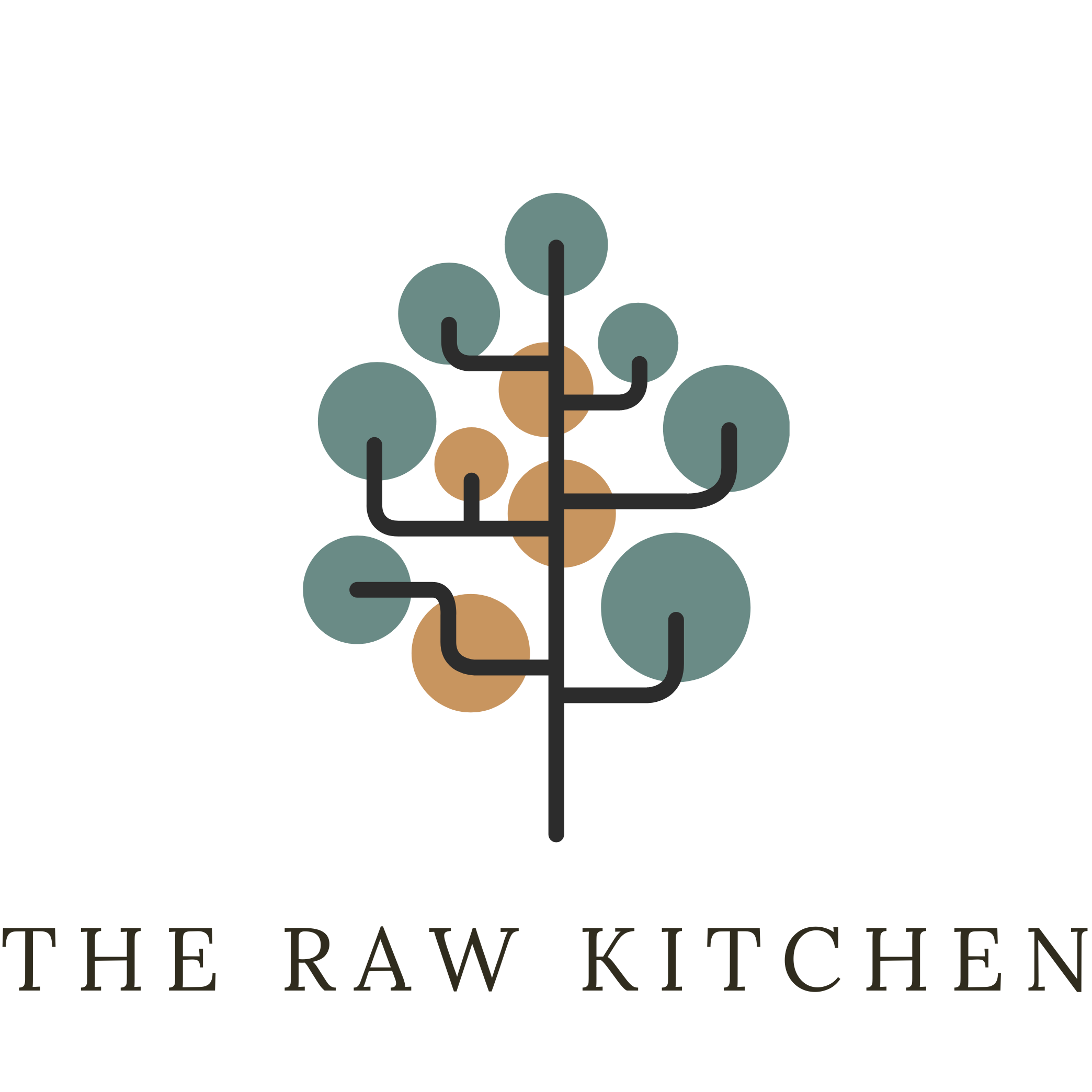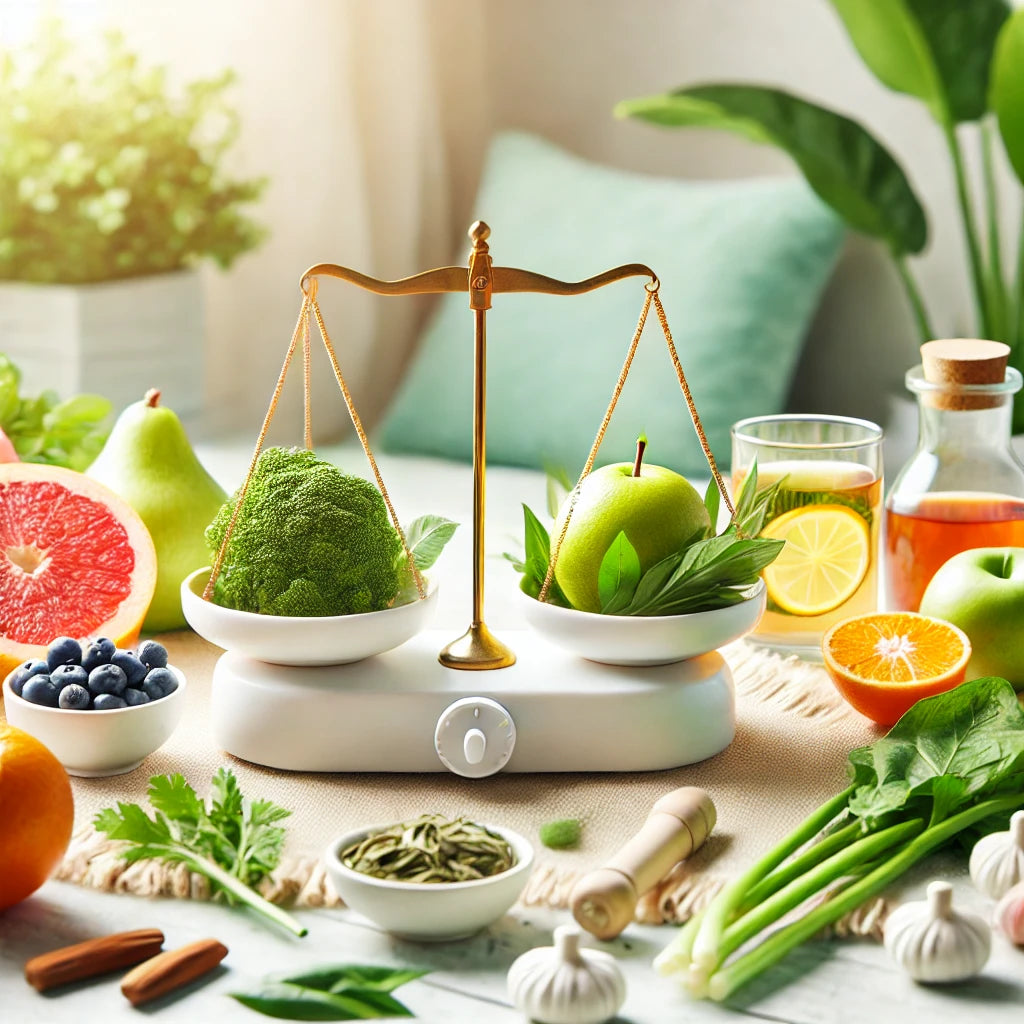
Natural ways to improve gut health
A healthy gut is essential for overall well-being, impacting everything from nutrient absorption to immune function and mental health. If you're experiencing digestive issues, natural remedies can help support and heal your gut, promoting better digestive health. Here are some effective strategies and natural remedies to help you achieve a healthier gut.
Probiotics and Fermented Foods
-
Probiotics
Probiotics are beneficial bacteria that support a healthy gut microbiome. They help balance gut flora, improve digestion, and enhance nutrient absorption. You can take probiotic supplements or incorporate probiotic-rich foods into your diet, such as yogurt, kefir, and sauerkraut. -
Fermented Foods
Fermented foods are excellent sources of probiotics. Foods like kimchi, miso, tempeh, and kombucha introduce beneficial bacteria into your gut, promoting a balanced microbiome and better digestion.
Dietary Changes
-
Increase Fibre Intake
Fibre is crucial for digestive health as it helps maintain regular bowel movements and feeds beneficial gut bacteria. Include a variety of high-fibre foods in your diet, such as fruits, vegetables, whole grains, legumes, nuts, and seeds. -
Stay Hydrated
Drinking plenty of water is essential for digestion. Water helps break down food, aids in nutrient absorption, and prevents constipation. Aim for at least 8-10 glasses of water a day. -
Eat Mindfully
How you eat can impact your digestion. Eat slowly, chew thoroughly, and avoid overeating to give your digestive system the best chance to process food efficiently. Eating smaller, more frequent meals can also help manage digestive issues.
Herbal Remedies
-
Ginger
Ginger has anti-inflammatory and digestive properties that can help alleviate nausea, bloating, and indigestion. You can consume ginger as a tea, add it to meals, or take it in supplement form. -
Peppermint
Peppermint oil is known for its ability to relax the muscles of the gastrointestinal tract, helping to relieve symptoms of irritable bowel syndrome (IBS) and other digestive issues. Peppermint tea or enteric-coated peppermint oil capsules can be effective. -
Aloe Vera
Aloe vera juice can soothe the digestive tract and reduce inflammation. It can help with conditions like acid reflux, constipation, and irritable bowel syndrome. Ensure you choose a product specifically meant for internal use. -
Licorice Root
Licorice root has been used to treat digestive issues like acid reflux, stomach ulcers, and gastritis. Deglycyrrhizinated licorice (DGL) is a form that is typically used for these purposes, as it has fewer side effects.
Lifestyle Changes
-
Manage Stress
Chronic stress can negatively impact your gut health. Incorporate stress-reducing practices into your daily routine, such as mindfulness, meditation, deep breathing exercises, and stretching. These practices can help calm the mind and reduce stress-related digestive issues. -
Regular Physical Activity
Exercise promotes regular bowel movements and improves overall digestive health. Aim for at least 30 minutes of moderate exercise most days of the week. Activities like walking, swimming, and yoga can be particularly beneficial for digestion.
Elimination Diets
-
Identify Food Sensitivities
If you have persistent digestive issues, an elimination diet can help identify food sensitivities or intolerances. Common culprits include gluten, dairy, soy, and processed sugars. Remove these foods from your diet for a period and gradually reintroduce them to see which ones cause symptoms. -
Low-FODMAP Diet
The low-FODMAP diet is designed to help people with IBS and other digestive disorders. It involves limiting foods that are high in certain fermentable carbohydrates that can cause gas, bloating, and discomfort.
Healing your gut naturally involves a combination of dietary changes, herbal remedies, and lifestyle adjustments. You don't have to do ALL these practices (but man, that would be great if you did); even a few will go a long way in improving your health. To start, pick just ONE of these suggestions and build it into a habit. Once you have that mastered, pick another. Slow and steady wins the race. Also, get ready for the disclaimer: always consider consulting with a healthcare provider or a dietitian to tailor these recommendations to your specific health needs, especially when making significant dietary changes.



Leave a comment
This site is protected by hCaptcha and the hCaptcha Privacy Policy and Terms of Service apply.